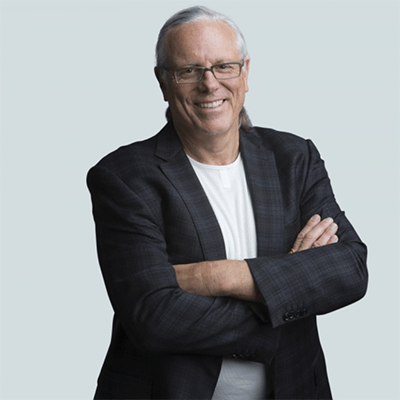Do you ever feel like all of our collective intelligences add up to one Big Human Brain designed to entertain us, move us, inform us and crack us up?
I was wondering about this the other day when I suddenly remembered the Taxi Cab Test. The TCT was a way I used to measure whether something in advertising had really gotten into popular culture. When I told a cab driver I was in advertising, he or she would usually ask what campaigns I worked on. It felt good when they knew two or three of them.
This almost never happens to advertising people now. Our things usually don’t rate this kind of popular familiarity. To test this, I assaulted a very hip young San Francisco cab driver with a list of the Cannes gold Lion winners from last year. He was only familiar with one of them (the Heineken TV campaign).
You want to hear my theory about why this is the case? Good.
I think we can trace it to The Big Human Brain digitally cranking out so much new stuff every second, and then distributing it, also digitally, at the speed of light. With all this crazy material flying at us, it’s only natural that we are going to have a lot of things we like, but each of them to a lesser degree, say, than I liked the Rolling Stones in 1973.
People used to have 5 or 10 friends. Now we have hundreds. Favorite bands? We used to have a handful. Now we have dozens. We used to be crazed Yankees or Mets or Red Sox fans. Now we follow dozens of sports on different continents. I even follow Aussie rules football.
As advertising people, this means the odds of us crafting a single campaign that lasts for years and years are getting slimmer and slimmer. The attention span of The Big Human Brain—both as maker and consumer of stuff—is too short.
Returning to Cannes again, think about how few campaigns win year after year anymore. And if they do, they tend to look quite different in each new manifestation.
This has implications about how we in the business have to change to succeed. It means we have to widen our horizons, be interested in everything, learn about everything. In David Byrne’s book How Music Works, he talks about the creative process being more and more about context rather than some inner, inspired voice. You need lots of context.
It also means we all need to make a lot of stuff. You should have 5 or 10 diverse projects in the works at any one time. Hit fast. Succeed or fail quickly. Learn from it. Go on.
If this sounds hard, it’s because it is. Making things people care about has always been hard, but it’s especially hard in this environment.
R/GA’s Bob Greenberg once summed up for me what it’s like to make advertising in the modern digital world: “Jeff, it’s exhausting.”
He’s right. Get some sleep. Or better yet, work while you’re asleep. And good luck.








